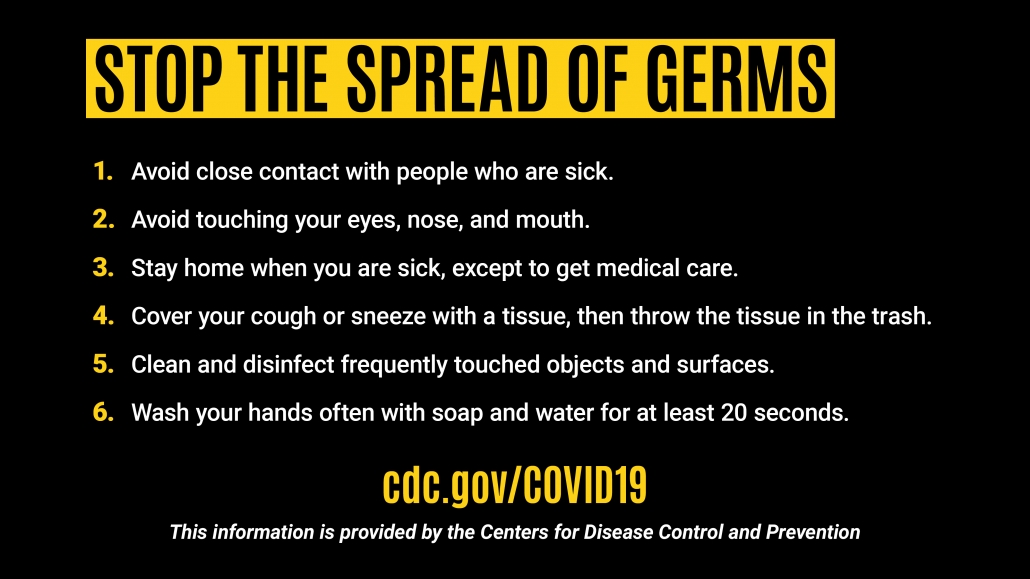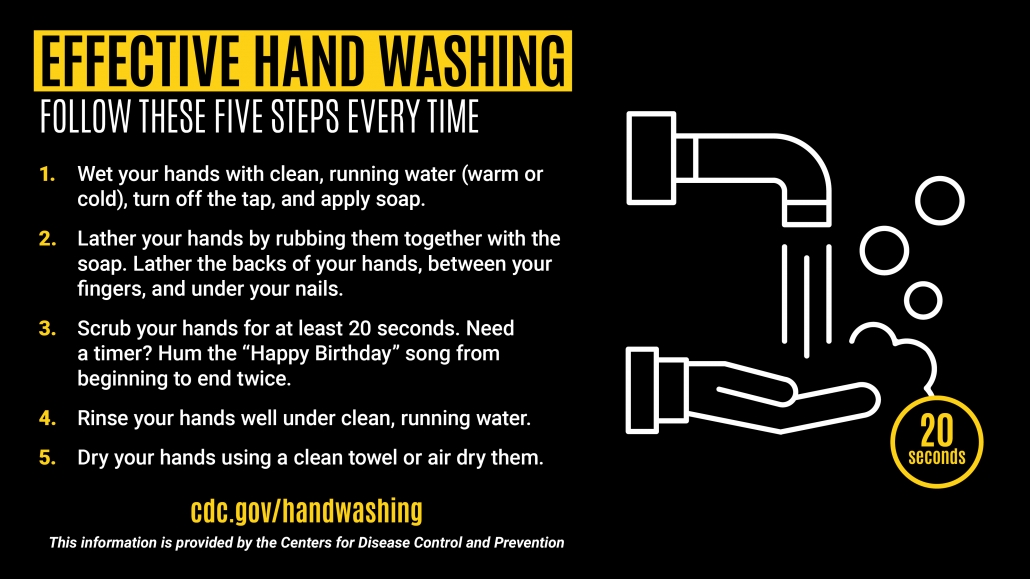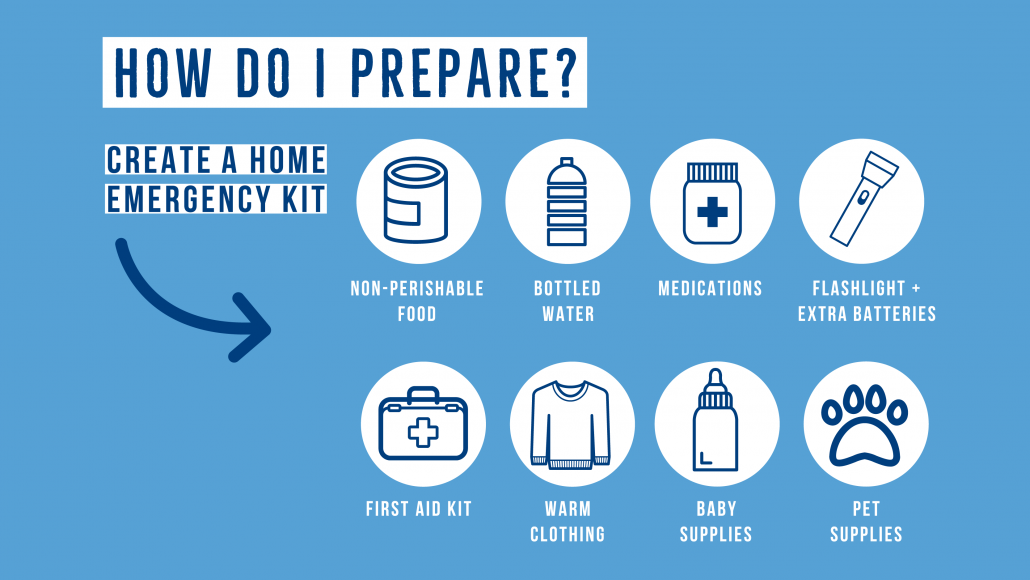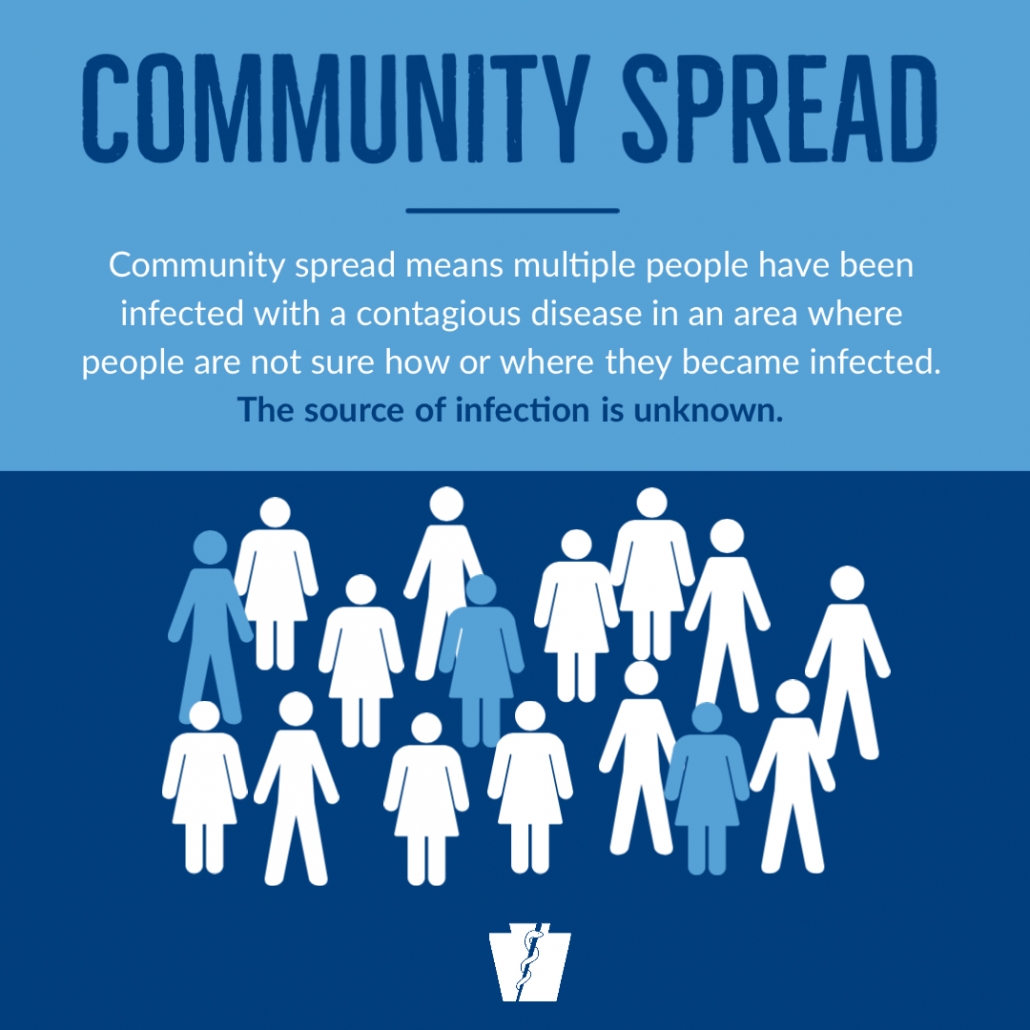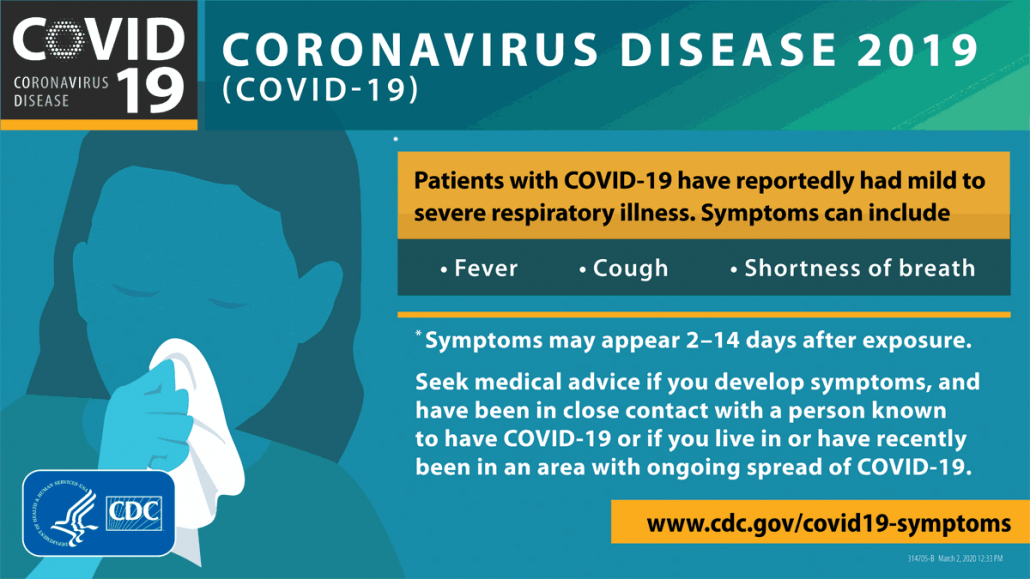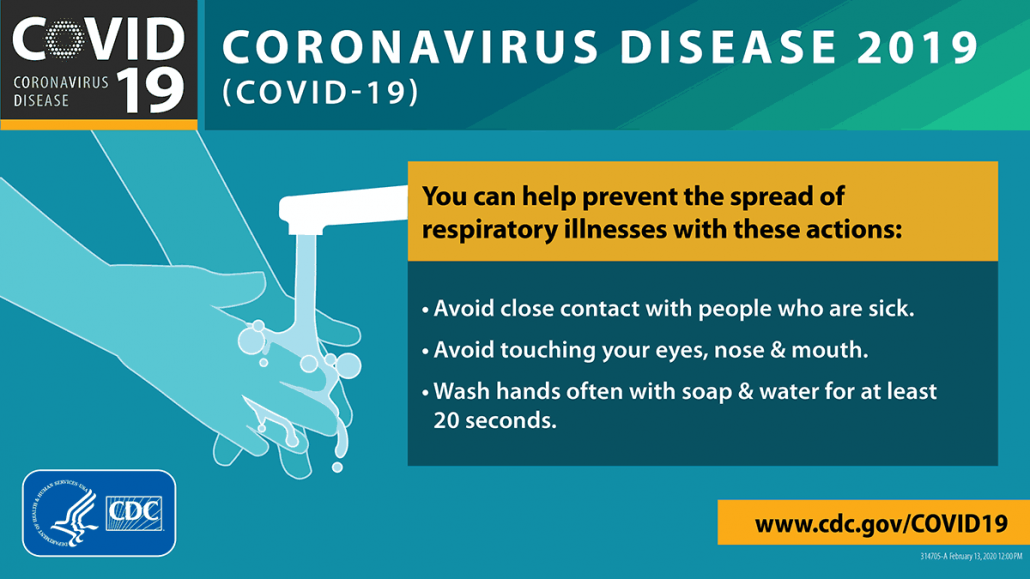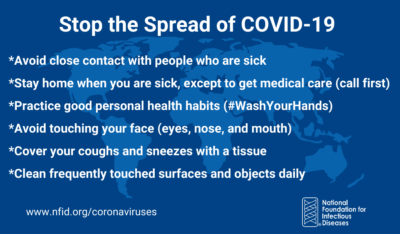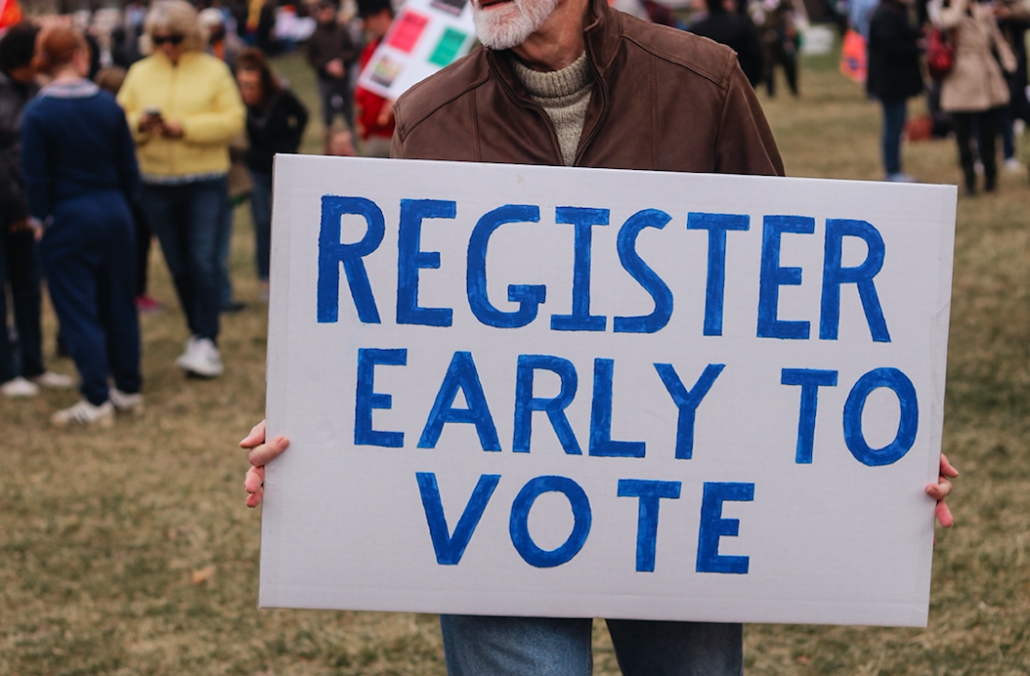At times nonprofits that share highly similar missions, goals, and the like can be consolidated to maximize impact. So, in Iowa, what’s the process of a legal merger between two nonprofits?
Definition of Terms: What’s a Merger
Like many legal terms, the word “merger” is capable of multiple definitions. A merger can mean an asset acquisition; partnership; parent-subsidiary relationship; umbrella organization; and, of course, an outright merger.
Asset Acquisition: Assets of an organization are transferred to another entity, but the organization itself is not acquired.
Partnership: A relationship in which two or more organizations pool money, skills, and/or other resources and share risk and reward, in accordance with mutually agreed-upon terms.
Parent-Subsidiary: A relationship in which two separate corporations are maintained after a merger, with one (the “parent”) being a member corporation with its only member being the other corporation (the “subsidiary”).
Umbrella: An overarching organization that holds several smaller organizations under it, each participating in the same branding and organizational structure as the umbrella, for the purpose of gaining efficiencies, improving and expanding available administrative services, and coordinating programs to better and/or more widely serve the community.
Outright merger: The process of combining two or more organizations into one organization.
Iowa Revised Nonprofit Corporation Act
The Iowa statute which governs nonprofits is known as the Iowa Revised Nonprofit Corporation Act (“RINCA”) and can be found at Iowa Chapter 504. RINCA has a specific subchapter on mergers, Subchapter XI. Here’s a list of the major sections:
RINCA, Iowa Code Chapter 504, Subchapter XI: Merger
504.1101 Approval of plan of merger
504.1102 Limitations on mergers by public benefit or religious corporations.
504.1103 Action on plan by board, members, and third persons
504.1104 Articles of merger
504.1105 Effect of merger
504.1106 Merger with foreign corporation
504.1107 Bequests, devises, and gifts
RINCA Definition of Terms
RINCA continually refers to nonprofit as “corporations.” To prevent confusion, and for simplicity’s sake, I change this and refer to “nonprofits.”
Also, RINCA discusses three kinds of nonprofits: religious, mutual benefit, and public benefit.
- “Religious nonprofits,” just as you would expect, refer to nonprofits with a sole or primary purpose that is religious in nature.
- “Mutual benefit nonprofits” work for the betterment of a select group of members, rather than for the benefit of the public. The most obvious type of mutual benefit nonprofit is a membership organization, such as a union, business chamber of commerce, or homeowner’s association.
- Most nonprofits fall into the third category — “public benefit” nonprofits. This would include nonprofits like the Girl Scouts, Red Cross, and Iowa Public Radio.
Also, RINCA repeatedly refers to “foreign” nonprofits. Foreign nonprofits are simply nonprofits organized under other state laws; states other than Iowa.
Articles of Incorporation and Bylaws
RINCA continually refers to nonprofit articles of incorporation and bylaws. Usually, in a phrase like, “Unless the articles of incorporation or bylaws provide otherwise . . . . ” RINCA very often defers to the nonprofit’s own governing documents. In that way, RINCA acts as a “gap filler,” providing rules where nonprofits’ governing documents are silent or ambiguous.
Step One to Merger: Plan of Merger
RINCA begins quite sensibly by stating that nonprofits may merge. Nonprofits may merge, IF a proper plan of merger is properly approved.
What’s a plan of merger? A plan of merger must contain all of the following:
(1) The name of the nonprofits;
(2) The terms and conditions of the planned merger; and
(3) The manner and basis, if any, of converting the memberships of each nonprofit into memberships of the surviving nonprofit.
A plan of merger may include any of the following:
(1) Any amendments to the articles of incorporation or bylaws of the surviving corporation to be affected by the planned merger.
(2) Other provisions relating to the planned merger.
Step Two: Approval of Plan of Merger
Who Approves the Plan of the Merger
Precisely who has the right or obligation to approve the plan of merger? The Iowa Code starts to answer that question with the common phrase, “unless . . . . the articles or bylaws impose other requirements . . . ” and then goes on to say: . . . a plan of merger for a corporation must be approved by all of the following to be adopted:
(1) The board
(2) The members, if any, by two-thirds of the votes cast or a majority of the voting power, whichever is less.
(3) In writing by any person or persons whose approval is required by a provision of the articles authorized by section 504.1031 for an amendment to the articles or bylaws.
OK, so of course the Board of Directors approve the plan of merger, makes perfect sense. What about (2) & (3) above?
Members’ Approval
Who are the “members”? That term, “members,” has a very specific meaning under RINCA.
RINCA defines “members” as: “Member” means a person who on more than one occasion, pursuant to the provisions of a corporation’s articles or bylaws, has a right to vote for the election of a director or directors of a corporation, irrespective of how a member is defined in the articles or bylaws of the corporation. A person is not a member because of any of the following:
(1) The person’s rights as a delegate.
(2) The person’s rights to designate a director.
(3) The person’s rights as a director.
Note, again, very unusual for RINCA, that the definition of a “member” is given by RINCA, period, irrespective of how a member is defined in the articles or bylaws of the corporation. And, under RINCA, a member is someone who has a right to vote for directors.

Third Person’s Approval
As to who approves the plan of merger, RINCA goes further, however, to include:
. . . a plan of merger for a corporation must be approved by all of the following to be adopted:
. . . In writing by any person or persons whose approval is required by a provision of the articles authorized by section 504.1031 for an amendment to the articles or bylaws.
What is this Section 504.1031? That section reads as follows:
504.1031 Approval by third persons. The articles of a corporation may require that an amendment to the articles or bylaws be approved in writing by a specified person or persons other than the board. Such a provision in the articles may only be amended with the approval in writing of the person or persons specified in the provision.
So, nonprofits looking to merge must look to their own Articles to see if any third persons must also approve the plan of merger.
How Does the Board and Members Approve the Plan of Merger
According to RINCA, there are three different ways that a plan of merger can be approved:
(1) at a membership meeting;
(2) by “written consent;” or
(3) by written ballot.
Each of these has different requirements.
Requirements for Membership Meeting, at Which Plan of Merger is to be Approved
If the board seeks to have the plan approved by the members at a membership meeting, the following requirements must be met:
(1) Notice to its members of the proposed membership meeting in accordance with Section 504.705.
(2) The notice must also state that the purpose, or one of the purposes, of the meeting is to consider the plan of merger and contain or be accompanied by a copy or summary of the plan.
(3) The copy or summary of the plan for members of the surviving nonprofit shall include any provision that, if contained in a proposed amendment to the articles of incorporation or bylaws, would entitle members to vote on the provision.
(4) The copy or summary of the plan for members of the disappearing nonprofit shall include a copy or summary of the articles and bylaws which will be in effect immediately after the merger takes effect.
What is sufficient “notice” under Section 504.705?
Under RINCA, nonprofits must give notice, consistent with its bylaws, and in a fair and reasonable manner. Helpfully, RINCA provides a description of when a notice is fair and reasonable.
Notice is fair and reasonable if all of the following occur:
(a) The corporation notifies its members of the place, date, and time of each annual, regular, and special meeting of members not more than sixty (60) days and not less than ten (10) days, or if notice is mailed by other than first-class or registered mail, not less than thirty (30) days, before the date of the meeting.
(b) Again, the notice of a meeting includes a description of the plan of merger.
(c) Again, the notice of a special meeting includes a description of the purpose for which the meeting is called, e.g., approval of the plan of merger.
Requirements for Merger is to be Approved by Written Consent
Under RINCA, nonprofits may take action by “written consent.” In other words, action by written consent refers to a person’s right to act by written consent instead of a meeting, e.g., a signed document.
Written consent can be limited or even prohibited by a nonprofit’s articles or bylaws of the corporation. Here’s a potential problem: the action must be approved by members holding at least eighty percent (80%) of the voting power. That is a high bar.
Requirements for Merger to be Approved
By Written Consent or Ballot
Whether approval by written consent or written ballot, both share some requirements. If a nonprofit seeks to have the plan of merger approved by the members by written consent or written ballot:
(1) The material soliciting the approval shall contain or be accompanied by a copy or summary of the plan of merger.
(2) The copy or summary of the plan for members of the surviving corporation shall include any provision that, if contained in a proposed amendment to the articles of incorporation or bylaws, would entitle members to vote on the provision.
(3) The copy or summary of the plan for members of the disappearing corporation shall include a copy or summary of the articles and bylaws which will be in effect immediately after the merger takes effect.

Email for Written Consents or Written Ballots
Can email be used for either written consents or written ballots? Yes! (The issue with email and written consents is the requirement of a signature; the issue of email and ballots is the “checkmark” or “X”).
Unless prohibited by the articles or bylaws, a written ballot may be delivered, and a vote may be cast on that ballot by electronic transmission. Electronic transmission of a written ballot shall contain or be accompanied by information indicating that a member, a member’s agent, or a member’s attorney authorized the electronic transmission of the ballot.
The last sentence simply means there must be an indication that the returned ballot was from the member to whom it was emailed (a block signature, etc.).

Step Three: Prepare Articles of Merger
Let’s assume a plan of merger has been approved pursuant to RINCA, specifically, Iowa Code Sections 504.1101 and 504.1103 (and the Iowa Code provisions set forth therein). Next step? Articles of merger.
The articles of merger must contain all of the following:
(1) The names of the parties to the merger.
(2) If the articles of incorporation of the survivor of a merger are amended, or if a new corporation is created as a result of the merger, the amendments to the articles of incorporation of the survivor or the articles of incorporation of the new nonprofit.
(3) If the plan of merger required approval by the members of a nonprofit that was a party to the merger, a statement that the plan was duly approved by the members.
(4) If the plan of merger did not require approval by the members of the nonprofit that was a party to the merger, a statement to that effect.
(5) If approval of the plan by some person or persons other than the members of the board is required a statement that the approval was obtained. (This is the “approval by third persons” (Section 504.1031) discussed above).
Articles of merger must be signed on behalf of each party to the merger by an officer or other duly authorized representative. (But only to be signed after the plan of merger is approved).
Step Four: File Articles of Merger with the Iowa Secretary of State
Articles of merger must be delivered to the Iowa Secretary of State for filing by the survivor of the merger. If there are other filings resulting from the merger, say, new and revised Articles of Incorporation, these may be filed as a “combined filing.”
Once the articles of merger are successfully filed, the merger is complete.
Step Five: Recognize the Legal Effect of Merger
Upon a successful merger, all the following occur:
(1) Every other party to the merger merges into the surviving nonprofit and the separate existence of every nonprofit except the surviving corporation ceases.
(2) The title to all real estate and other property owned by each party to the merger is vested in the surviving nonprofit without reversion or impairment subject to any and all conditions to which the property was subject prior to the merger.
(3) The surviving nonprofit has all the liabilities and obligations of each party to the merger.
(4) A proceeding (e.g., a lawsuit) pending against any party to the merger may be continued as if the merger did not occur or the surviving corporation may be substituted in the proceeding for the nonprofit whose existence ceased.
(5) The articles of incorporation and bylaws of the surviving nonprofit are amended to the extent provided in the plan of merger.
“Bequests, Devises, and Gifts”
An interesting side note: RINCA’s subchapter on merger contains a provision about “bequests, devises, and gifts.” Bequests are property left to someone by a decedent through his or her will. A devise is the same, only given through a trust. The term “gifts” here means “charitable gifts.”
Any bequest, devise, gift, grant, or promise contained in a will or other instrument of donation, subscription, or conveyance, that is made to a constituent corporation and which takes effect or remains payable after the merger, inures to the surviving corporation unless the will or other instrument otherwise specifically provides.
That’s really pretty great, right? So, if someone should leave property (cash, stock, bonds, real estate, whatever) through a will or trust, or just about any other way, to a “non-surviving” nonprofit after a merger with a surviving nonprofit, the property will go directly, without question, to the surviving nonprofit (unless specific instructions are left to the contrary).
Is your Iowa nonprofit considering a merger? Please contact me via email (gordon@gordonfischerlawfirm.com) or on my cell phone (515-371-6077). I’d be happy to discuss the Iowa laws on merger with you anytime. I offer a free, one-hour consultation for all.









